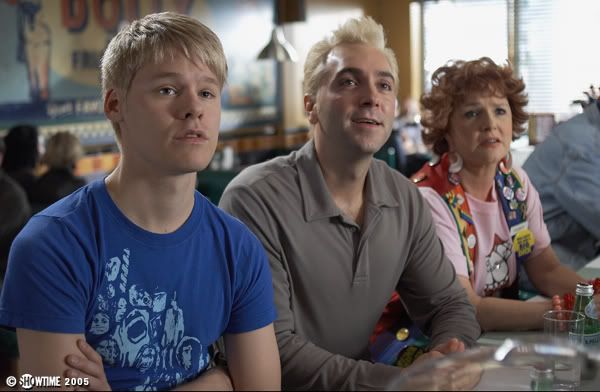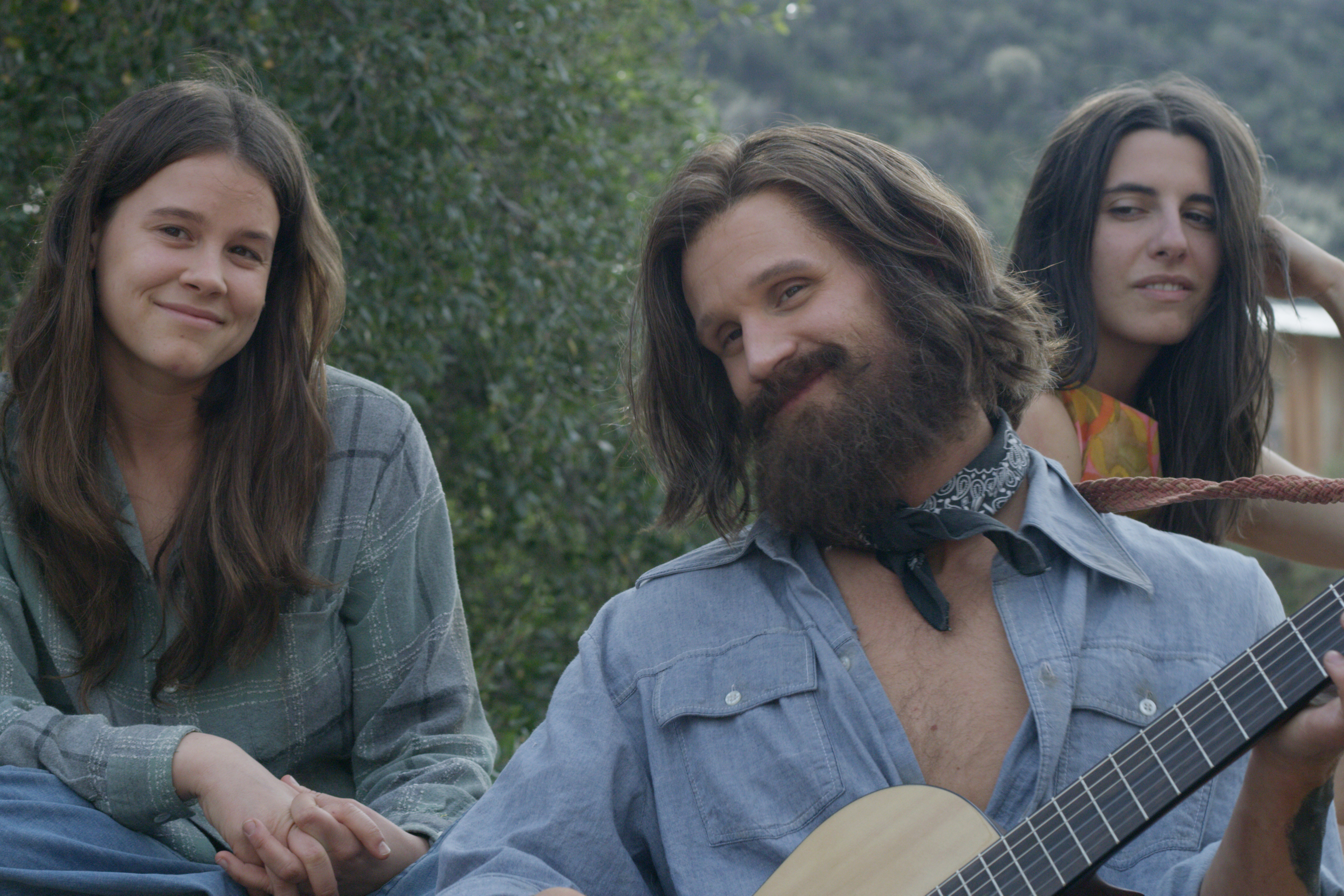
by Justin Lockwood | Dec 19, 2019 | Blog
Imogen Poots is Riley in Black Christmas The latest victim of toxic internet backlash, Sophia Takal’s Black Christmas, remakes the classic 1974 horror film for the #MeToo era. In a society where a groundswell of support has taken down serial abusers like Harvey...

by Justin Lockwood | Sep 4, 2019 | Blog
My geeky, Pokemon Go loving friend Mick came out not too long ago, and I got the idea to make him a list of my personal “gay canon” of films and TV (with a few books thrown in for good measure). I sent him this list on the occasion of this past weekend’s Pride...

by Justin Lockwood | Jun 16, 2019 | Blog
In Jeanie Finlay’s sublime, affecting documentary Seahorse, trans man Freddy McConnell embarks on a profound personal journey when he decides to become pregnant. Freddy deals with all of the physical challenges of pregnancy plus the added stressors of gender...

by Justin Lockwood | May 29, 2019 | Blog
When the documentary Changing the Game played at the Tribeca Film Festival, journalists were invited to a roundtable discussion with the transgender athletes featured in the film. At the cozy Battery Park offices of GLSEN, teens including wrestler Mack Beggs,...

by Justin Lockwood | May 24, 2019 | Blog
Charles Manson’s crimes have long fascinated the American imagination, and this year’s fortieth anniversary of the murders has reignited interest. But is there anything more to say at this point? If anyone could add something new to the conversation, it’s...






